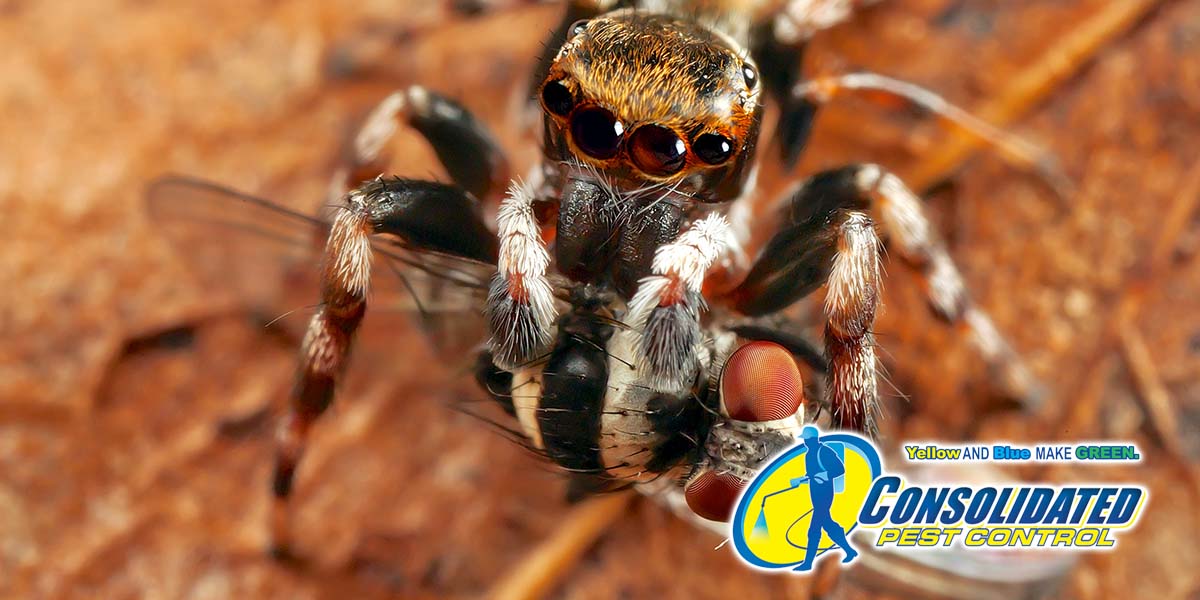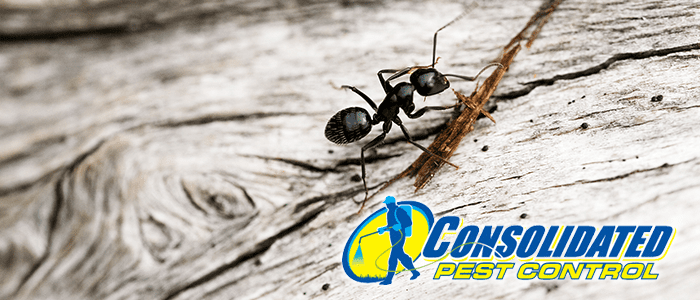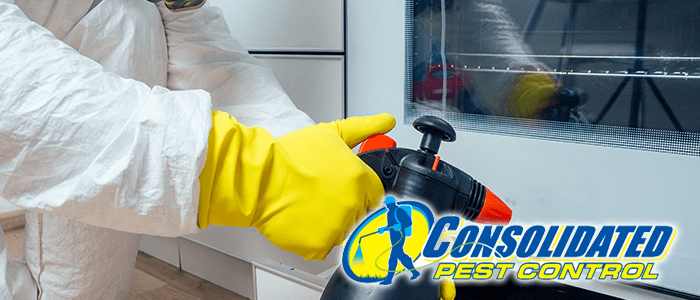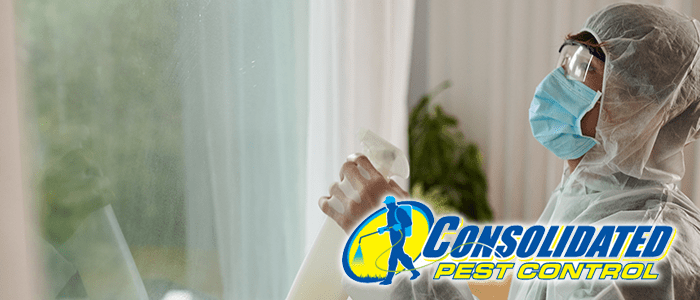
All around the world, there are numerous spider species. A fear of spiders is consistently ranked as one of the top phobias in the US. Whether this is an evolutionary trigger that has kept our ancestors alive or the result of all the Hollywood horror films, spiders have a reputation as being creepy, crawly, and venomous pests.
Spiders aren’t all bad. Everybody knows that they do provide a form of natural pest control by catching insects within their webs. However, this doesn’t necessarily mean they have an open invitation to come into our homes and take up residence. An infestation of spiders can cause some serious contamination of food in kitchens and pantries, depending on the species, there could additionally be health risks if you or your family members unexpectedly run into a web, or worse, a lurking spider. In this article, we are going to review some at home tips for preventing spiders from taking over your home.
Maintain Clutter-Free Garages, Attics, And Basements
Most spiders seek out secluded and undisturbed areas where they can build their webs in peace. Spiders are typically just looking to catch their next meal, so an attic or basement that has been left unused and empty of movement over the past season could be harboring these pests out of sight. Try to avoid leaving any articles of clothing or shoes on the floor and consider storing them inside plastic containers. Additionally, be sure to shake out all clothing that has been in a hamper before wearing or washing.
Seal Cracks, Crevices, And Broken Screens
Spiders can crawl into homes through damaged window screens, cracks, and crevices. So the best prevention is to seal up any potential entrances you may find. The outside of your home should be inspected for all of these defects seasonally as weather and changes in temperature can cause or worsen any existing problems.
If you store your holiday decor in the attack or garage, be sure to inspect them before bringing them into the main portion of your home. It is easier to keep insects confined to one area.
Spider Bites
If you happen to receive a spider bite, be sure to contact your primary care physician for medical advice and provide as much detail as possible. Species such as house spiders and cellar spiders pose no health threat to you since they don’t have very strong mouthparts. So if you do receive a bite, be sure to have it looked at right away.
Other species of spider such as the black widow and brown recluse spiders do have the ability to pierce the skin and inject venom. Their bites cause varied reactions in people and are very rarely fatal when proper treatment is applied. Symptoms include localized pain, fever, and nausea. In the case of a brown recluse spider bite, there is a strong possibility for skin necrosis at the site of the bite.
Final Thoughts
If you have an infestation within your home, contact a licensed pest professional. By remaining proactive about your spider infestation, you will reduce the likelihood of any species making a home in your abode and possibly harming you or a member of your family. If you suspect that you have a spider infestation in your home, or place of business, be sure to reach out to us at Consolidated Pest Control for identification and removal.








